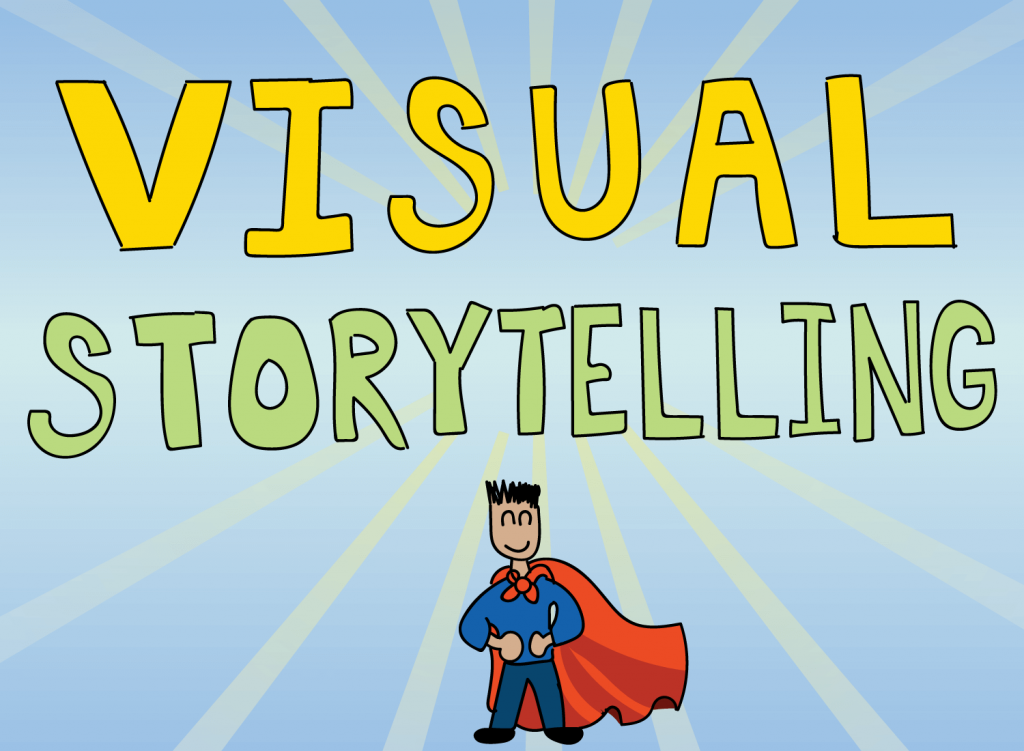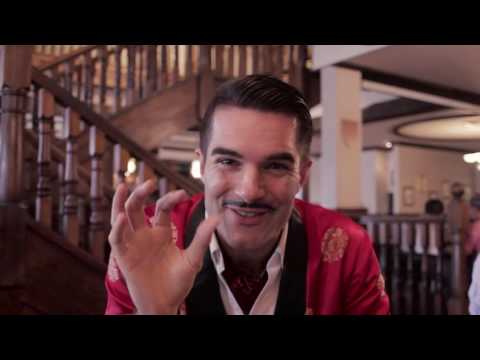By Dan Page
Okay, clickbait alert! I haven’t personally become a BBC accredited supplier because, well, people can’t. But companies that people set up can. And – spoiler alert – I just stubbed my toe. Wait, that’s not how that works…the point is, I’ve set up my own company and as of January 2020 I’ve been able to formally pitch ideas to the BBC through it.
Some of you out there may be asking what the fuss is all about. I mean, anyone can pitch ideas to the BBC, right?
The answer is yes…and no. It’s yes in the sense that anyone can email a BBC Producer with an idea and ask them if they want to commission it. It’s no in that the likelihood of this succeeding is about as high as me suddenly understanding Quantum Mechanics and unifying it with the theory of General Relativity (although I do have some very promising ideas involving penguins and the old packets of mints you sometimes find in your coat).
It’s also no in that official BBC policy is that they won’t accept programme ideas from individuals unattached to a production company and that to formally pitch you have to register as a supplier.
What’s interesting though is that in the last 18 months or so, the BBC have relaxed the rules as to who can become registered.
Previously to become a supplier you had to have experience in delivering programmes to network radio (e.g. the BBC Radio), or have access to people with that experience. Which is pretty much the ultimate chicken and egg situation, in that how can you gain experience delivering programmes to the BBC if you’re not allowed to deliver without experience?
The standard get-out clause was to form a company with an ex-BBC producer (hence why so many independent Production Companies have ex-BBC producers on their boards).
But recently the BBC added a clause to their requirements that allowed podcast production companies with at least 2 active podcast feeds to register.
And this was HUGE. Because it meant that:
- The BBC recognises the importance of podcasting to the audio landscape
- The BBC is keen to encourage new suppliers
- My company could register
Because, being the smart, sophisticated* producer that I was, I’d realised that the second podcast that we’d produced – The Engineering Edge – was going live in November, whilst our first show – The DesignSpark Podcast – was still very much live, thus meaning we’d meet that all-important criteria.
BUT before everyone with two podcast feeds reading this article race towards the BBC website and click the ‘sign me up you gorgeous gorgeous people’ button, there’s also the…small matter…of all the other things you need to demonstrate you’re fit to spend public money.
Like a Limited Company registered at Companies house.
Which means a business bank account. And an accountant. And money to pay for them.
And being willing to follow 7 sets of BBC policies and guidelines and 65 pages of BBC Terms of Trade.
And committing to complying with BBC audio quality standards.
And being registered under the Data Protection Act.
And having Business Continuity, Data Protection, Health and Safety, Equal Opportunity and Diversity and Inclusion policies…alongside an employee code of conduct.
Which unless you’re a smart, sophisticated** producer like me, is a LOT of paperwork. And even if you are, it’s still a LOT of paperwork.
So what’s the moral of the story? Being good at paperwork can help in surprising places. Although being able to come up with original ideas for podcasts is still the most important thing. Well, after being able to unify General Relativity with Quantum Mechanics that is…
Tickets to the live recording of Series 3 of the iTunes Top 10 rated sci-tech-comedy show The DesignSpark Podcast are available now from the box-office at Etcetera Theatre.
* really anal
** really really anal







